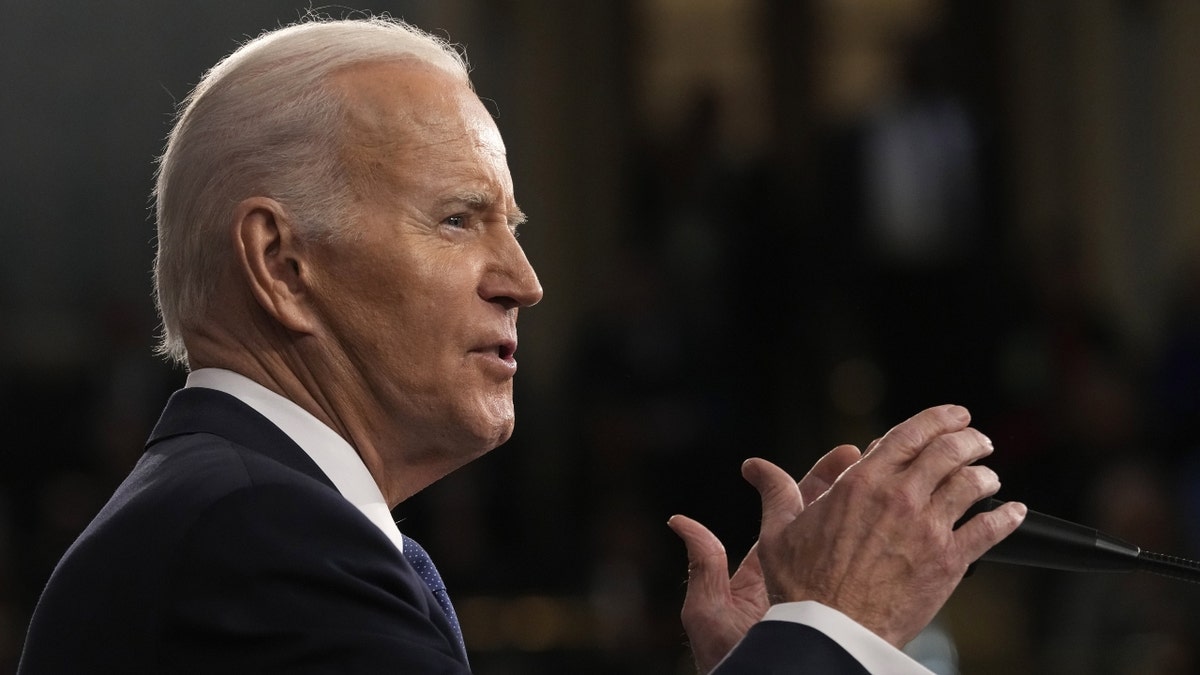The New York Times' opinion section editorial director, David Leonhardt, recently voiced strong criticism of President Biden's immigration policies in an interview with The New Yorker. He argued that the administration's lax approach to immigration was a major contributing factor to the Democratic Party's defeat in the 2024 presidential election, ultimately leading to Donald Trump's victory.
Leonhardt emphasized that Biden's immigration stance was unpopular from the outset and deviated significantly from what most American voters desired. He cited data indicating that net migration between 2021 and 2023 reached unprecedented levels, exceeding any other period in U.S. history. Leonhardt's own reporting for the Times revealed that approximately eight million net immigrants arrived during the Biden administration, with an estimated five million entering illegally.

This surge in immigration, coupled with Biden's age and inflation, were identified by Leonhardt as primary reasons for Kamala Harris's loss in the 2024 election. He highlighted the stark contrast between Biden's approach and that of former President Obama, who, while supportive of immigration, also stressed the importance of border security and deporting criminals. Leonhardt pointed to the 2012 Democratic Party platform, which advocated for a balanced approach to immigration, including border security measures and a pathway to citizenship for undocumented individuals who abide by the law.

By 2020, however, the Democratic platform had omitted any mention of border security, a shift that Leonhardt believes reflects the influence of progressive, affluent party members rather than the broader American electorate. He argued that public opinion polls consistently demonstrate support for border security and that Biden's departure from this position alienated many voters. Leonhardt suggested that a more moderate approach, acknowledging both the benefits and challenges of immigration, would be more effective in resonating with the American public.

He concluded by advocating for the Democratic Party to adopt a more moderate stance on immigration, one that recognizes the complexities and nuances of the issue. This, he believes, would be a more effective way to connect with voters and address their concerns.








